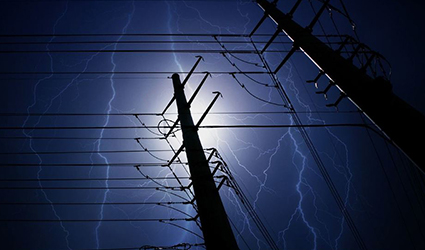Safety of Biological Vaccines During Floods & Power Failures
August 20, 2018
Source: FDA
 1,432
1,432

The Centre for Biologics Evaluation and Research (CBER) has provided information regarding the usage and storage of temperature-sensitive bio-products during power failures or floods. People should pay attention before using a product since it is mandatory to check expiry status. Also, to not cause unnecessary shortages, products shouldn't simply be discarded to power failures as this may not affect the product.
Most products such as bacterial and viral vaccines, plasma derivatives etc., should either be refrigerated or frozen with some also being stored at room temperature.
Most refrigerated vaccines can remain stable at room temperature for shorter durations. It is highly recommended to keep a thermometer in the refrigerator to keep an eye on the temperature. If you encounter any issues, you are advised to contact the manufacturer regarding the product stability.
If a power failure occurs, remember not to open the freezer/refrigerator until the power has been restored as this will help to maintain low temperatures for a longer period of time.
When the power has been restored, record the temperature immediately and at regular intervals until it reaches the recommended range. Also record the duration of increased temperature exposures.
In case of an anticipated flood, bio-products kept at room temperature should be stored on an elevated level to maintain dryness. Refrigerators used to store vaccines should also be elevated upon platforms.
If the vials of bio-products come in contact with flood waters, they should be discarded due to probable contamination and the possibility of exposure to inappropriate temperatures.
By DduRead more on
- Important Registration Regulations for Exporting Health Care Products to Vietnam March 31, 2022
- Testing Set to Begin on a Coronavirus Vaccine May 27, 2020
- Quick Fix Remedies for 6 Common Health Issues September 3, 2018
- Halt in E-Cigarette Sales by Indian Health Ministry August 30, 2018
- WHO Reports a Doctor Being a New Probable Case of Ebola in Congo’s Violence Struck Area August 28, 2018
your submission has already been received.
OK
Subscribe
Please enter a valid Email address!
Submit
The most relevant industry news & insight will be sent to you every two weeks.



